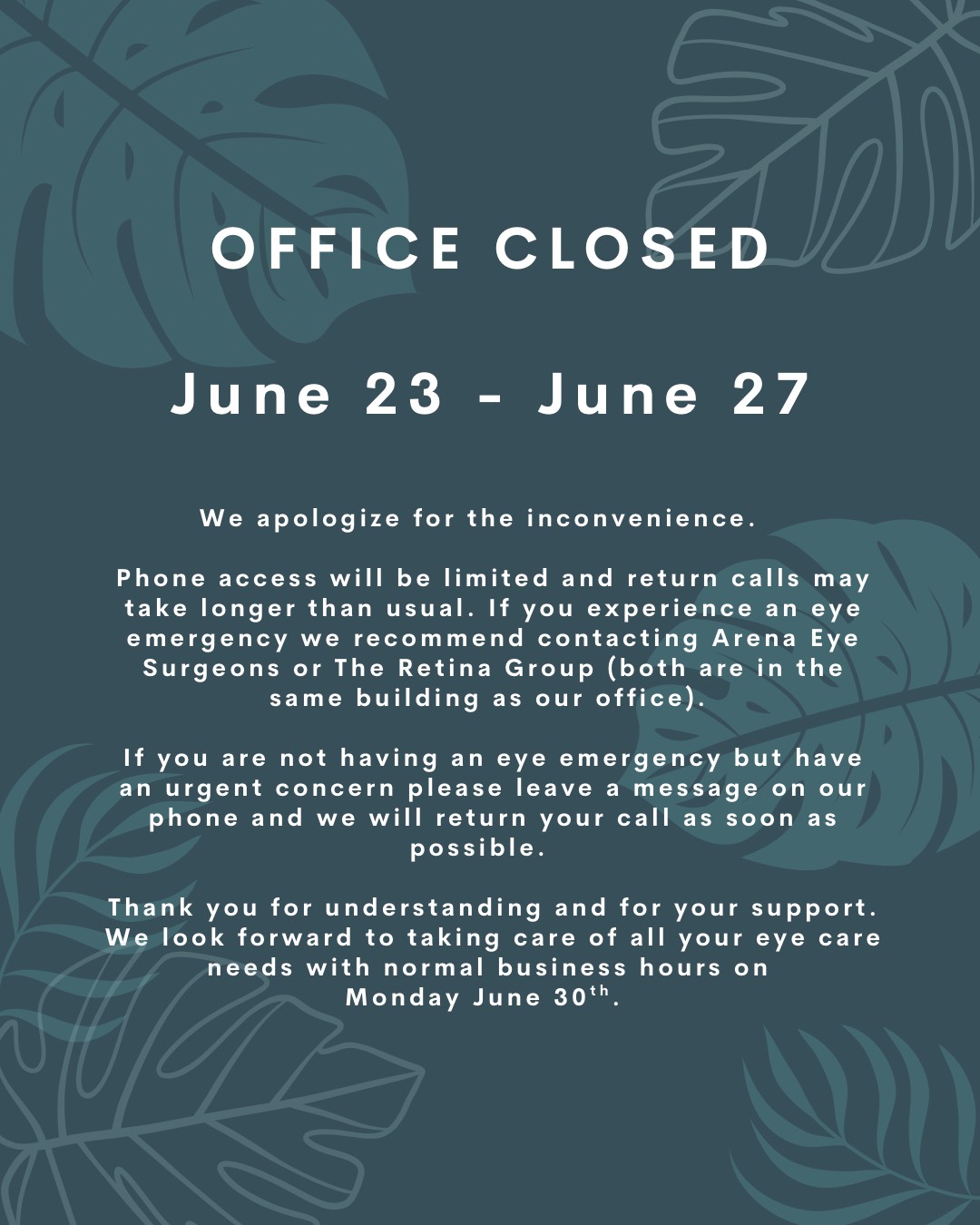
Myopia is a refractive error that causes distant objects to appear blurry while close objects remain clear. This occurs when the eyeball is too long or the cornea is too steep, causing light to focus in front of the retina instead of directly on it. Myopia affects a significant portion of the global population, and its prevalence is increasing at an alarming rate. It is crucial to understand myopia and take steps to control it for various reasons.
The Importance of Myopia Control
Myopia control is not just about improving vision; it is about preventing potential eye problems that can arise from the progression of myopia. High levels of myopia have been associated with an increased risk of sight-threatening conditions such as cataracts, glaucoma, retinal detachment, and myopic macular degeneration. By actively managing myopia, individuals can significantly reduce the risk of developing these serious eye conditions later in life.
Lifestyle Changes for Myopia Management
Lifestyle changes can play a significant role in managing myopia, especially in children and young adults. While genetic factors contribute to myopia, environmental and lifestyle factors can also influence its progression. Here are some lifestyle changes that can help manage myopia:
- Outdoor Time: Encouraging outdoor activities and spending time in natural light has been linked to a reduced risk of myopia progression. Sunlight exposure may help regulate the growth of the eye and reduce the risk of developing high myopia.
- Screen Time Management: Limiting the amount of time spent on digital devices, such as computers, tablets, and smartphones, can help reduce eye strain and potential impacts on myopia progression. Implementing regular breaks and the 20-20-20 rule (looking at something 20 feet away for 20 seconds every 20 minutes) can be beneficial.
- Proper Reading Habits: Encouraging good reading habits, such as maintaining proper posture, adequate lighting, and taking breaks during extended reading sessions, can help reduce eye strain and potential exacerbation of myopia.
- Healthy Diet: A balanced diet rich in nutrients, particularly those beneficial for eye health such as vitamin A, vitamin C, vitamin E, and omega-3 fatty acids, may support overall eye health.
- Regular Eye Exams: Scheduling regular eye exams with an optometrist allows for the early detection of myopia and the monitoring of its progression. This enables timely intervention and management strategies.
It's important to note that while lifestyle changes can contribute to myopia management, they should be implemented in conjunction with professional guidance from your optometrist. Each individual's myopia management plan should be personalized based on their specific eye health needs and lifestyle factors.
The Benefits of MiSight Contact Lenses for Myopia Control
MiSight contact lenses are a revolutionary option for myopia control. These specially designed soft contact lenses are approved for the management of myopia in children aged 8 to 12 years old. MiSight lenses utilize innovative dual-focus technology, correcting both distance and near vision while simultaneously slowing down the progression of myopia.
Navigating Myopia with Help of The Eye Care Studio
Myopia is a prevalent condition that can have significant implications for eye health if left unmanaged. Lifestyle changes, such as increasing outdoor activities and reducing screen time, play a crucial role in myopia management. Regular eye exams and the use of innovative solutions like MiSight contact lenses also contribute to effective myopia control.
Schedule an eye exam with Dr. Cline to discuss myopia control options and take proactive steps towards optimal vision and eye health, visit The Eye Care Studio at our office in Delaware, Ohio, or call (740) 306-3600 to book an appointment today.











